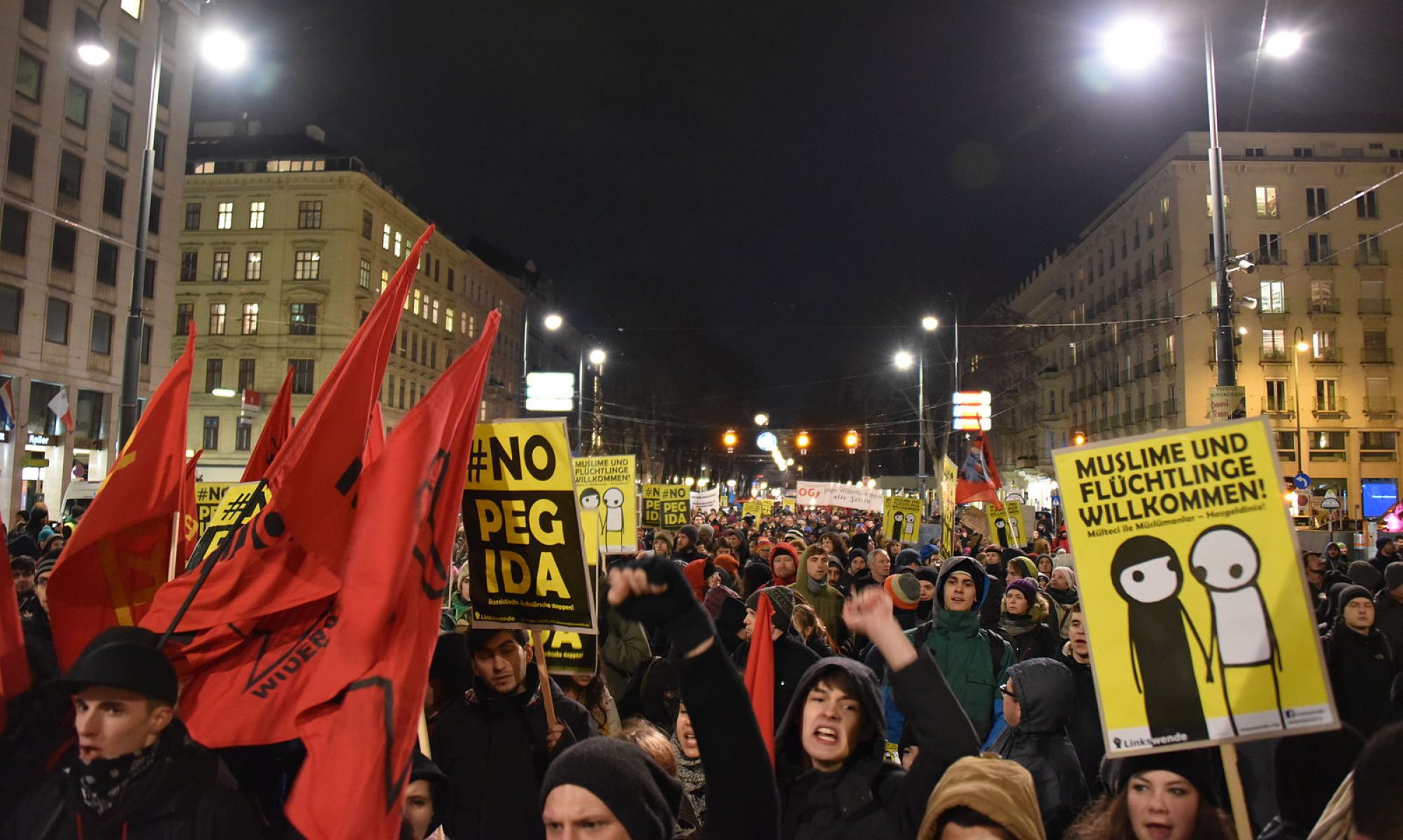by Kaileigh La Belle
Many of this week’s readings focused on fascist contradictions regarding internationalism. Consequently, my initial reaction was to consider what implications this has for our understanding of fascism. However, in considering the readings more deeply, it became evident to me that it was not just fascist practices that involved contradiction but also their discourses on internationalism. As the readings illustrate, internationalism took on different meanings to achieve various goals. In some instances, such as those presented in Motadel’s work, internationalism did not deny the existence of a nation-state and, thus, fascist states were willing to collaborate across borders, presenting themselves as an ally for international liberation (in this case, anticolonialism); meanwhile, in other fascist discourses, such as those examined in Hanebrink and Ben-Ghiat, internationalism could not be anything less than a carefully orchestrated ‘plot’ designed to erode away at national identity and tradition, a narrative which fascists used to justify violence. As each reading makes clear, analysis on fascist contradiction in practice and policy explains why fascists were willing to do so, that is to advance other nationalistic, authoritarian projects. Yet I feel that it is equally important to examine how discourse was strategically employed as a means of achieving these goals. Ultimately, these readings make it clear that discourse is a tool employed to negotiate contradictions. In the constant manipulation of discourse, contradictory things became simultaneously true. These readings, in examining how fascist ideology and practice approach internationalism differently, and in doing so made internationalism mean different things, demonstrate the whys and hows of the fascist relationships to internationalism. As these discourses are apparent in fascist thought and can also drive practice, they exemplify the need for nuance in examining the disparities between the thought and regime of ‘isms’ noted by Finchelstein.
Work cited:
Ben-Ghiat, Ruth “Conquest and Collaboration”. In Fascist Modernities: Italy, 1922-1945. University of California Press, 2004.
Finchelstein, Frederico. “Introduction: Thinking Fascism and Populism in terms of the Past” in From Fascism to Populism in History, 1-30. University of California Press, 2017.
Hanebrink, Paul. A Specter Haunting Europe: The Myth of Judeo-Bolshevism. Harvard University Press, 2018.
Motadel, David. “The Global Authoritarian Moment: The Revolt Against Empire.” American Historical Review Vol. 124, Issue 3 (July 2019): 843-877.
